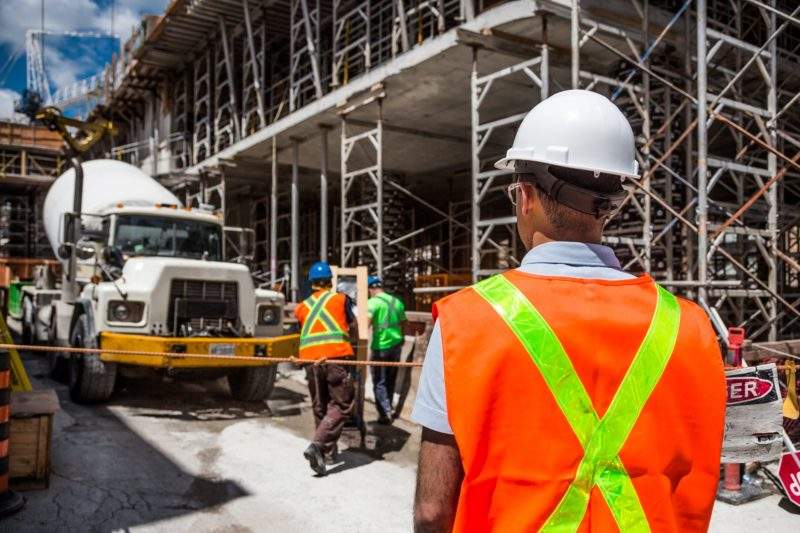
The Responsible Mining Foundation (RMF) has published its first Responsible Mining Index (RMI), a report assessing the extent to which mining companies are operating in a socially and environmentally responsible manner, and found that no company is achieving what it considers best practice in regards to ensuring worker health and safety.
The RMI covers 30 companies from 16 countries, which operated in over 850 sites across 40 countries, and includes publicly-listed, state-owned and private organisations. Of the six thematic areas – economic development, business conduct, lifecycle management, community wellbeing, environmental responsibility and working conditions – companies performed worst in the latter, which includes the health and wellbeing of workers.
The report said: “Barely any companies show evidence of having addressed the following topics: assessing how the wages they pay to workers meet or exceed living wage standards, tracking the performance of their worker grievance mechanisms, and preventing all forms of discrimination in the workplace.”
The index notes that most companies have made a verbal commitment to improving occupational health and safety but this commitment does not always translate to action or effective policies. The RMF awarded 21 of the companies a six out of six for their commitments to improving occupational safety, but only one company, AngloGold Ashanti, was awarded higher than a three for taking action on these promises. AngloGold Ashanti was also the only company to be awarded higher than a three for the effectiveness of their health and safety programmes.
As a result, the RMI concluded, none of the companies achieved ‘best practice’ with regards to worker safety. Companies’ performances across their commitments to safety, actions to improve safety, and effectiveness of these actions were aggreated to give each company a total score on the same zero to six scale. AngloGold Ashanti was the only company to average higher than a three, and no company reached the best practice threshold of 3.7. Uzbekistan-based Navoi Mining and Metallurgy Combinat was awarded a total of 0.2 and was the only company to score a zero for the effectiveness of their actions.
The two highest-performing companies, AngloGold Ashanti and Anglo American, were also praised for systematically addressing the risk of dangerous labour practices, such as the use of child and forced labour, highlighting the need for mining companies to diversify their approaches to safety beyond only considering occupational hazards.

US Tariffs are shifting - will you react or anticipate?
Don’t let policy changes catch you off guard. Stay proactive with real-time data and expert analysis.
By GlobalDataThe report said: “The number of workplace fatalities noted in the research on adverse impacts (331 were reported for 2015 and 2016), offers pause for thought in the face of the nearly universal commitments on this matter. And many companies show little action on other issues, beyond this core responsibility on occupational health and safety.”



